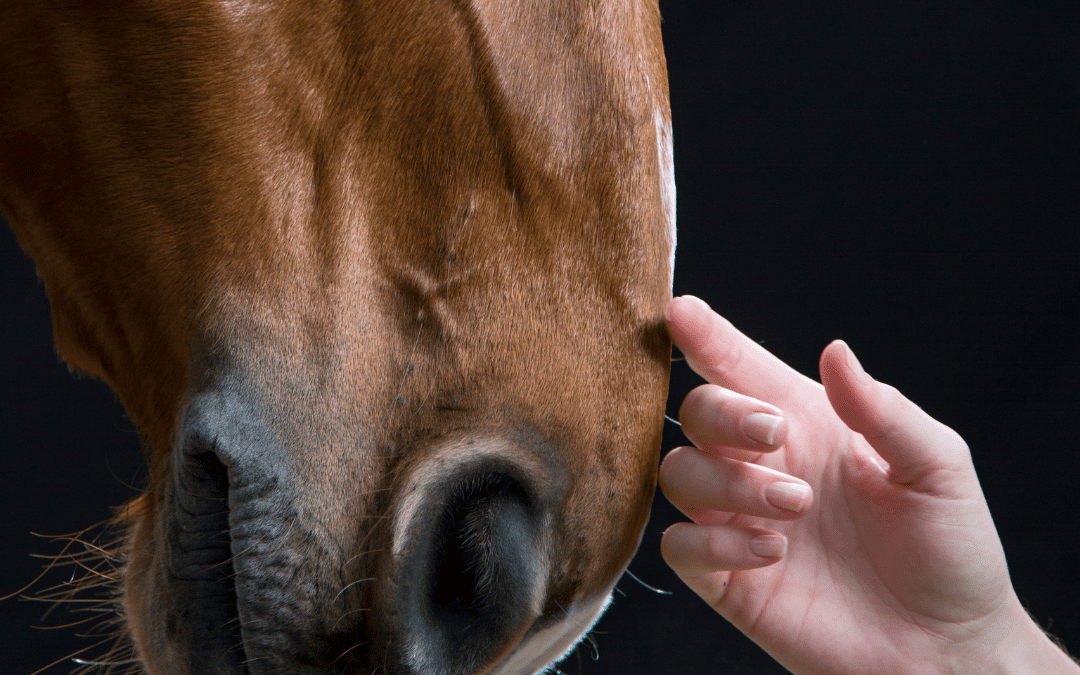Intro
Coughing is very common in horses and can occur all year round. Coughing is often a sign of respiratory disease but can be caused by several different conditions. In addition to coughing, there are certain signs to look out for that could indicate your horse has a more serious condition. The choice of treatment will depend on the exact cause of your horse’s cough. Nebulisation of medication or saline is particularly useful in the management of a coughing horse.
What causes coughing in horses?
There are many conditions that cause coughing in horses. Some of the most common causes include:
- Equine asthma – this condition is related to environmental allergens and causes airway obstruction due to inflammation.
- Viral upper respiratory infectionsg. equine influenza
- Bacterial upper respiratory infectionsg. equine strangles
- Parasites g. lungworm
- Lower respiratory infection – this is often referred to as pneumonia.
- Certain tumours – masses can put pressure on the airways, resulting in a cough.
- Foreign body in the respiratory tract e.g. straw or other plant material.
To diagnose the exact cause of your horse’s cough, your vet will start off by asking you questions about your horse’s vaccination status, whether they are stabled, when the cough started, and if they have recently travelled. The next step is performing a clinical exam. Based on the history and clinical exam, your vet will now have a better idea of what could be causing your horse’s cough. They may ask to do more tests to help them work out the exact cause. This is useful to know as treatment can be tailored to your horse’s exact condition.
When should I worry about my horse’s cough?
The occasional cough here and there should be nothing to worry about, just like in humans. However, there are other signs to look out for that could mean your horse’s cough is more severe.
- A persistent cough over 2 weeks
- A worsening cough
- High temperature
- Increased tiredness
- Discharge coming from their nostrils or eyes
- Swollen lymph nodes
- Decrease in appetite
- Exercise intolerance
- Increased breathing rate and effort at rest
If you notice any of these signs, contact your vet so that they can treat your horse as soon as possible. If there is a chance the cause of your horse’s cough is infectious, isolate your horse from other horses to prevent the spread of infection.
How can I treat my horse’s cough?
There are two main approaches for treating a coughing horse. We can treat the cough itself (symptomatic treatment), or we can treat the condition causing the cough (curative treatment). Treating the cough itself will provide temporary relief, whereas treating the condition causing the cough should have a longer-lasting effect.
Symptomatic treatment options include bronchodilators, steroids, and non-steroidal anti-inflammatories. Nebulisation is often used to deliver medications directly to the respiratory tract. This helps to reduce the unwanted side effects of medications elsewhere in the body.
The choice of curative treatment will depend on the condition causing your horse to cough.
- Asthma – allergen control and anti-inflammatory medications
- Bacterial infections – antibiotics
- Viral infections – supportive care (most are self-limiting)
- Foreign body – removal of the foreign body
- Tumours – surgery, radiotherapy, and chemotherapy
How can I prevent my horse from coughing?
This will also depend on the underlying cause of your horse’s coughing. It is important to note that not all conditions can be entirely prevented.
- Asthma – allergen control, such as low dust bedding and good stable ventilation.
- Bacterial infections – minimising stress during travel.
- Viral infections – vaccination.
- Lungworm – avoid grazing horses with donkeys, as they carry lungworm.
Nebulisation of saline supports optimal respiratory health in all horses, not just those suffering from respiratory disease. The saline acts as a mucolytic, reducing the amount of mucus in the airways as well as reducing congestion and airway irritation. Saline nebulisation can be particularly beneficial in competition horses, or those where peak respiratory performance is important.
Conclusion
A coughing horse could be a sign of a more serious condition. Investigating the cause of your horse’s cough is the best way to treat them long-term. In the meantime, nebulisation is an effective way of delivering anti-cough medications to relieve your horse’s discomfort. Routine nebulisation of saline is a great way of maintaining healthy airways to prevent respiratory disease in horses.

